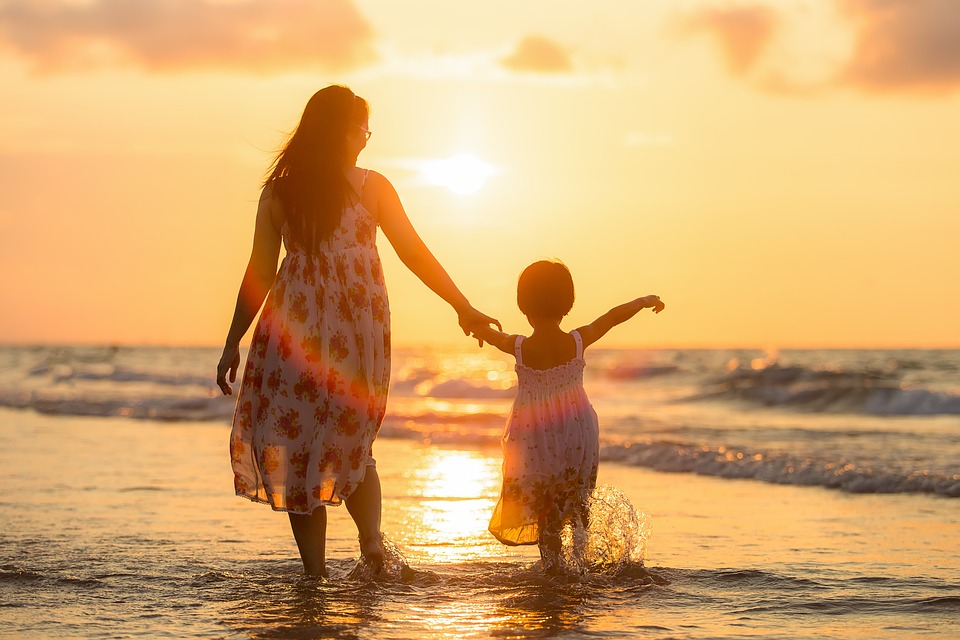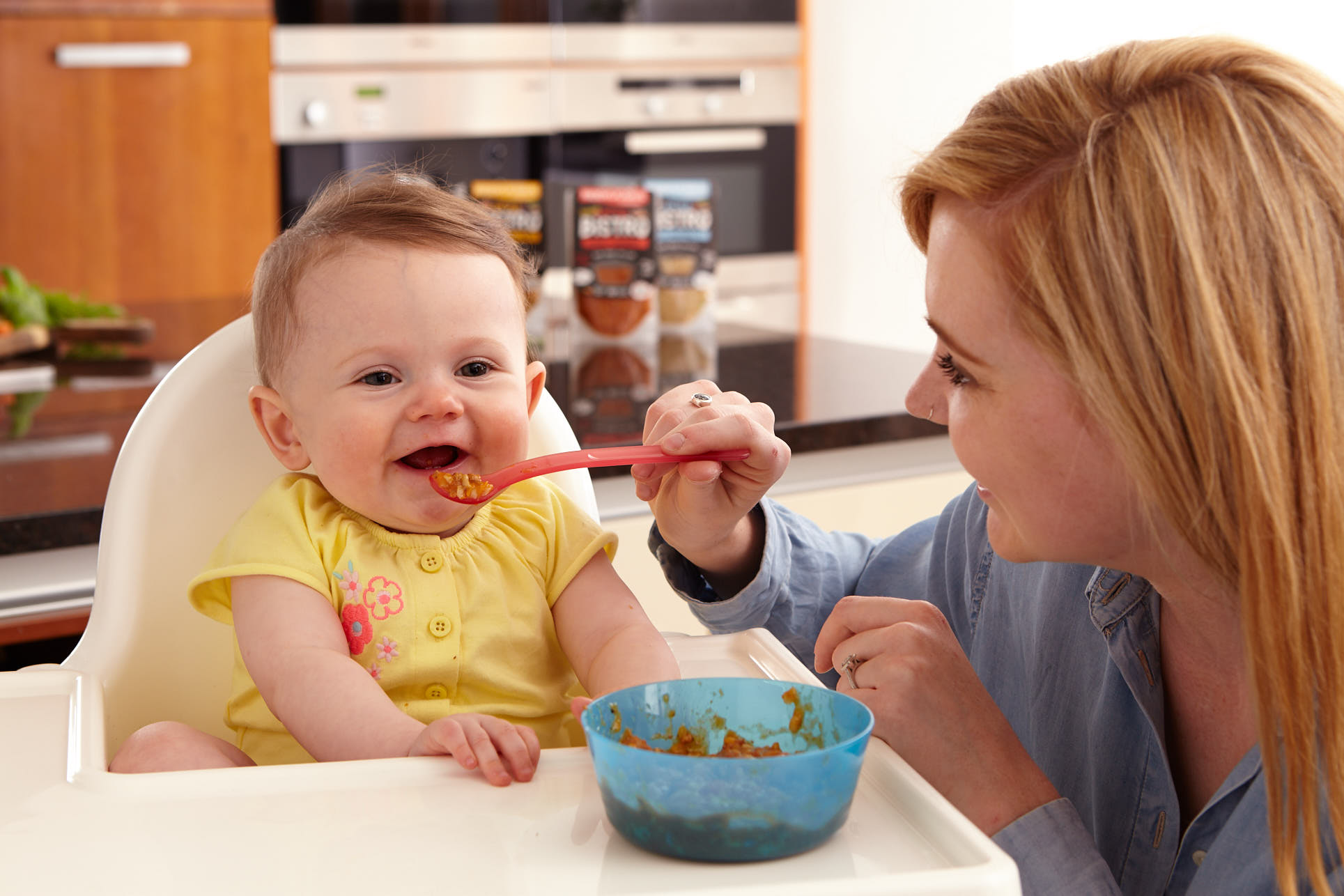If you think a child you know has a problem, it can be hard to know how to start talking to them about it.
When there are problems at home, such as parents fighting, divorce or a death in the family, children can become withdrawn and upset.
Being able to talk to someone other than a parent is sometimes very helpful for children. Grandparents, uncles, aunts, teachers or even a counsellor can all offer support.
Look for clues in their play
Children express themselves through play as well as words. You can learn a lot about how they’re feeling by simply spending time with them and watching them play.
Stressed and upset children often play fighting games with their toys. Comment on this by saying, “There are a lot of fights going on” or “It seems pretty frightening”. This can help to get them talking about what’s bothering them.
Even if you don’t start a conversation, you’ll be making the child feel more comfortable with you, paving the way for them to open up to you about their problems.
If you can get them talking, gently ask what’s wrong. But if the child doesn’t want to open up, let the subject go, then repeat the process at another time until they’re ready to tell you what’s bothering them.
If a child is too frightened to talk
If you’re worried that a child you know might be being abused at home, it can help to ask a question like, “Is mummy getting very cross with you? You can tell me about it if you want to”.
A child might not understand that they’re being abused. They may simply see it as a parent being angry or annoyed with them.
Children who are being sexually abused often don’t talk about it because they think it’s their fault or they have been convinced by their abuser that it is normal or a “special secret”.
See more signs of child sexual abuse.
Children will often ask if you’re going to tell anyone about what they’ve told you. Never promise not to tell, but explain that you’ll only tell other people who want to help.
If a child is aggressive or misbehaving
If a child is fighting or being aggressive, they’re doing it for a good reason, and talking may help you discover the reason.
Start by telling the child that their bad behaviour is unacceptable and why – for example, because it will harm other people or get them into trouble. Then offer them the chance to talk about why they’re angry.
This might not work instantly because an angry child might not listen to you straight away. Don’t give up. Children are aware when they’re behaving badly, and it’s important to find out the reasons why.
See more tips on dealing with child anger.
If your child is grieving
Young children don’t always understand what death means. It helps to explain it by saying, “Nana’s died. She’s not going to be with us any more”.
Watch children carefully if someone close to them has died. If they seem tearful or withdrawn, encourage them to open up about how they’re feeling by talking about the person who’s died.
You could say something like, “It’s very sad that Nana has died” or “I feel sad that Nana has died, and sometimes it’s hard to understand why people die”.
See more about children and bereavement.
If you’re still worried about your child
If you are still concerned about your child after talking to them, see your GP for further advice.




